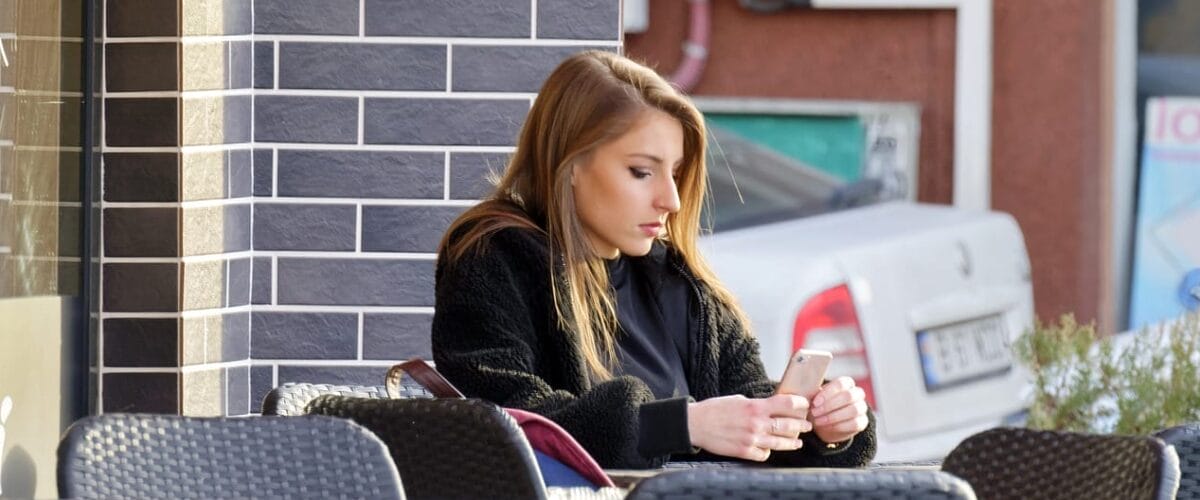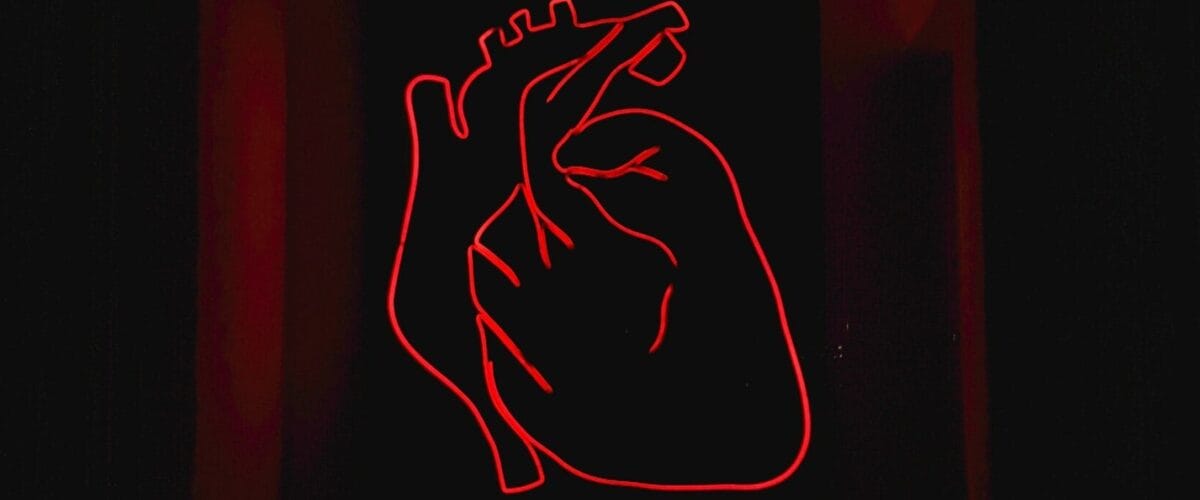On March 2, 2021, at 2:22 AM, in a hospital room in Atlanta, GA, my previously exceptionally healthy father died of complications from Covid-19 at 69 years of age. Through grace, timing, and favor, my brother, sister, and I were able to be by his side to hold his hand when his heart stopped beating. In the days after his death, I penned the following words to share at his funeral. The composition of these words felt like therapy. I share them here with the hope that the catharsis may extend to you as well…
There’s always a dilemma when someone leaves this earth as to how best to remember them. Do you wax poetic about all of their positive attributes and gloss over their shortcomings? Do you lament the broken pieces of their personality and long for the parts of your relationship that never came to pass? I think to fall into either of these extremes would constitute a missed opportunity for us all.
As a parent, I am soberly aware of the ways in which my delicate humanity affects my children. When they are young, you’re trying your best just to keep them alive. As kids grow older, you try to keep your relationship alive—it’s sacred stewardship like none other.
Yet, before we were parents, we were just people. Before we were given the gift of caring for a tiny life – or as I like to describe them: “my heart running around outside my body on two legs” — before we experienced the joys, fears, and humility of parenting, we were just regular broken human beings. We were daughters, sons, boyfriends, girlfriends, friends, employees, students. And all these roles that came before us, and our experiences living them out, colored who we would become as parents. When we have children, we bring the varying shades of who we are along for the ride.
And that is how I stand before you today to talk about my father, Tim. Being Tim’s youngest daughter was complicated. After the age of seven, Dad and I didn’t live in the same city—our ability to remain close was hampered by both proximity and, at times, intentionality. Ours was a relationship with many layers—that both of us longed to peel back—but we didn’t always know how. Sometimes we would put in the work to get to know each other, to stay in touch, to relate, and to have conversations about something deeper than the weather—and sometimes we took a break. Sometimes we had to spend time working on ourselves, our expectations, our own hearts, and on what perspective we brought to the process of our relationship. We were two adults figuring out how to be father and daughter all over again.
Dad sometimes had a way of wanting so much for things to be great that it felt like he was pretending that it was already a reality. Which sometimes drove me crazy. I could never figure out if perhaps he was delusional or just annoyingly optimistic?! There’s a fine line between the two—and there are times when we want to be able to live in that grey area in between. Because relationships are hard. People are messy and we are broken and flawed… and we are in great, great need of Jesus. And that is something my Dad knew for sure. Despite anything else, Dad’s faith was consistent all my life. He loved the Lord and he knew the voice of the Holy Spirit.
I think it was that still, small voice of God that kept us pushing forward toward a better understanding of one another. Ultimately, being Tim’s daughter taught me about grace. It taught me compassion. The Lord taught me about what it means to put effort into a relationship that is worth it. Because my dad was a person, and people are worthy to be loved. That is the call of Christ – Matthew 22 – “Love the Lord your God with every passion of your heart, with all the energy of your being, and with every thought that is within you.’ This is the great and supreme commandment. And the second is like it in importance: ‘You must love your friend (your neighbor, dad) in the same way you love yourself’” (TPT).
It might be hard to hear me talk about a father-daughter relationship that seems complex—maybe it even feels sad. I spent a long time being frustrated, over my own unmet expectations and disappointments, but over the years, the Lord has given me a different perspective. We cannot boil down life into experiences that feel “good” or “bad”— there are things that are hard, things that feel uncomfortable, but they are good for us. Like exercise and laundry (though I’m still not convinced about the laundry). And there are things that are incredibly easy—like getting lost in our smartphones and binge-watching Netflix—but we know those things aren’t very beneficial.
There are intersections in our lives—where the good meets the hard—and it is in that place where we grow. Forced out of our comfort zones and our cozy hobbit holes, there are ways in which the things that feel uncomfortable have the power to transform.
I know without a doubt that I am a better person because Tim Harvey was my father. I know that my heart is bigger and capable of more love because we had to put in the work to have what we had. We had a choice. And though the process was messy along the way, we kept choosing in. I don’t have 1,000 stories of campfires and vacations and road trips with my father. What I have looks more like a long, steady road toward understanding and acceptance. It looks like growing in maturity and advocating for a relationship that did not exist by default.
At the time of dad’s passing, we were in a really good place. We had both done a lot of growing up and were able to be more honest and communicate better. And so begins the process of grieving what feels very unfinished. I am grieving the potential for what was to come. Because it was just getting good.
But it makes me happy to know that when I think about my Dad, I can love and cherish him for the whole of who he was—that there were ways he didn’t come through for me, but there were also times that he did. That there was a huge amount of love in his heart for me, even if he didn’t always know how to show it.
I will remember that my Dad had a big, white Colgate smile. When he talked he had ONE VOLUME—and that he often filled the awkward silences around my introverted husband with lots and lots of questions. That when Dad laughed it was big and long and he turned red in the face and kind of looked like he was in pain. And he had this mannerism after a good laugh or when he was tired—where he would rub his face and depending on the time of day, sometimes you could hear his hand move across the sandpaper of his scruffy chin. He was handsome. He was incredibly kind to strangers. Most of all, he was mine.
I know now that all of it is important—the big, the little, the bullseyes, and even the ways in which we miss the mark. When we lose someone, I believe remembering who they were carries equal importance to remembering who they weren’t. Imperfection is par for the course of what it means to be human. Understanding this, learning to appreciate one another in spite of this teaches us how to love as Christ loved. Knowing this, I can be at peace with what comes next, despite the pain that’s coming after I stop talking and reality sets in.
There’s no perfect bow to tie this up with. So I’ll end with this: We love you, Dad. We miss you. We’ll keep laughing, loving, talking, and forgiving. You taught us that and so much more—for that we are forever grateful.
— Dedicated to my father, Timothy Harvey, and all the families, frontline workers, and individuals who have been affected by the loss and injustice of COVID-19.



















